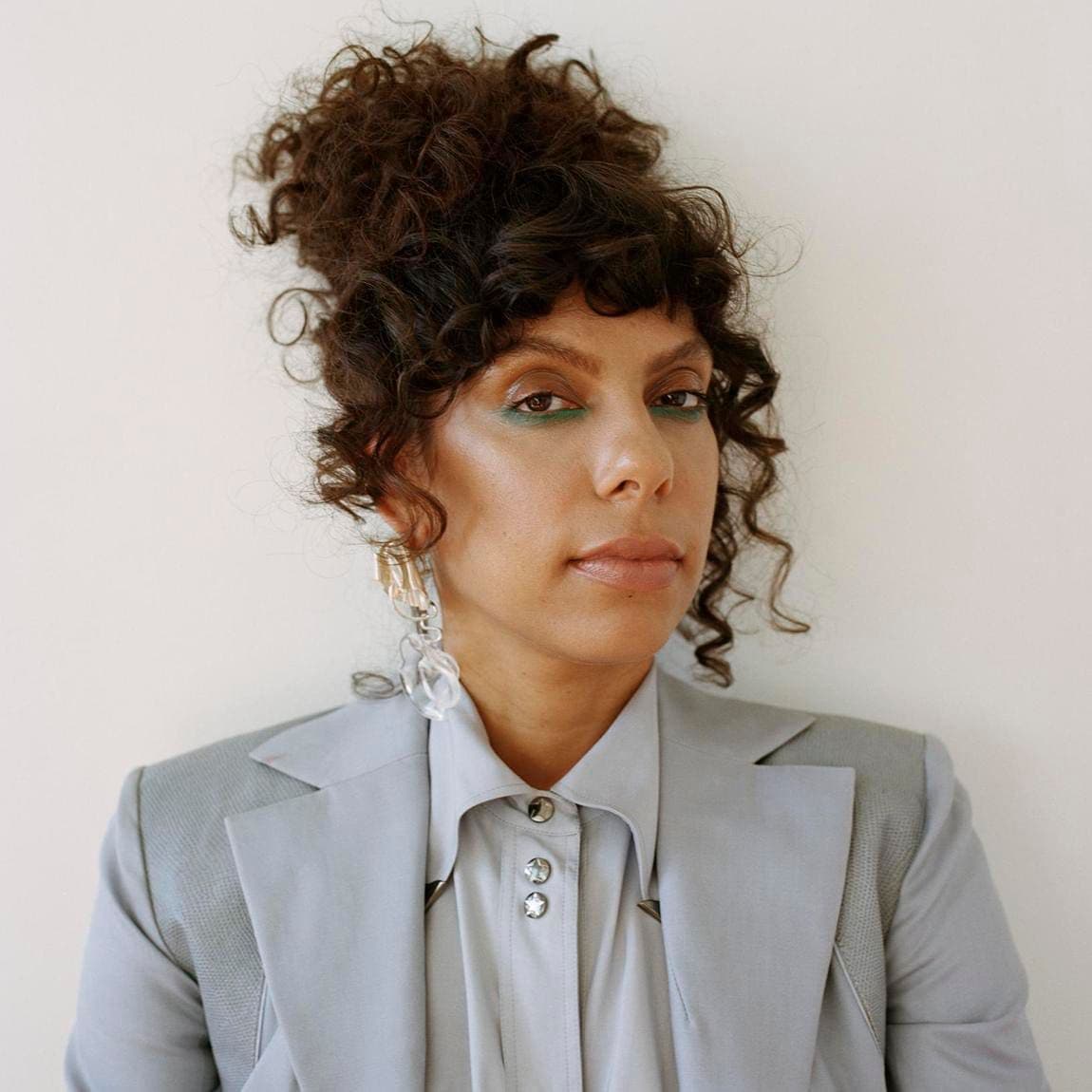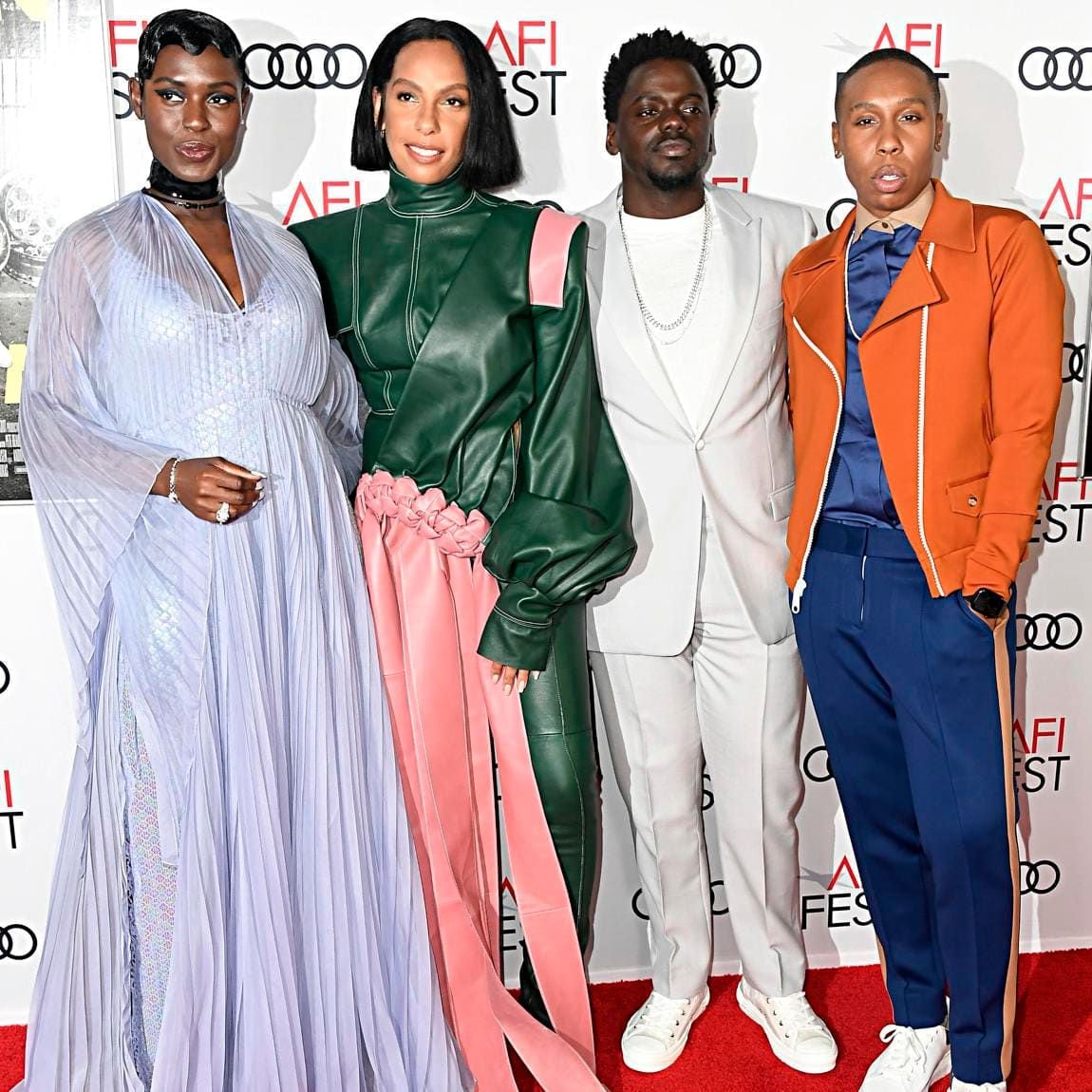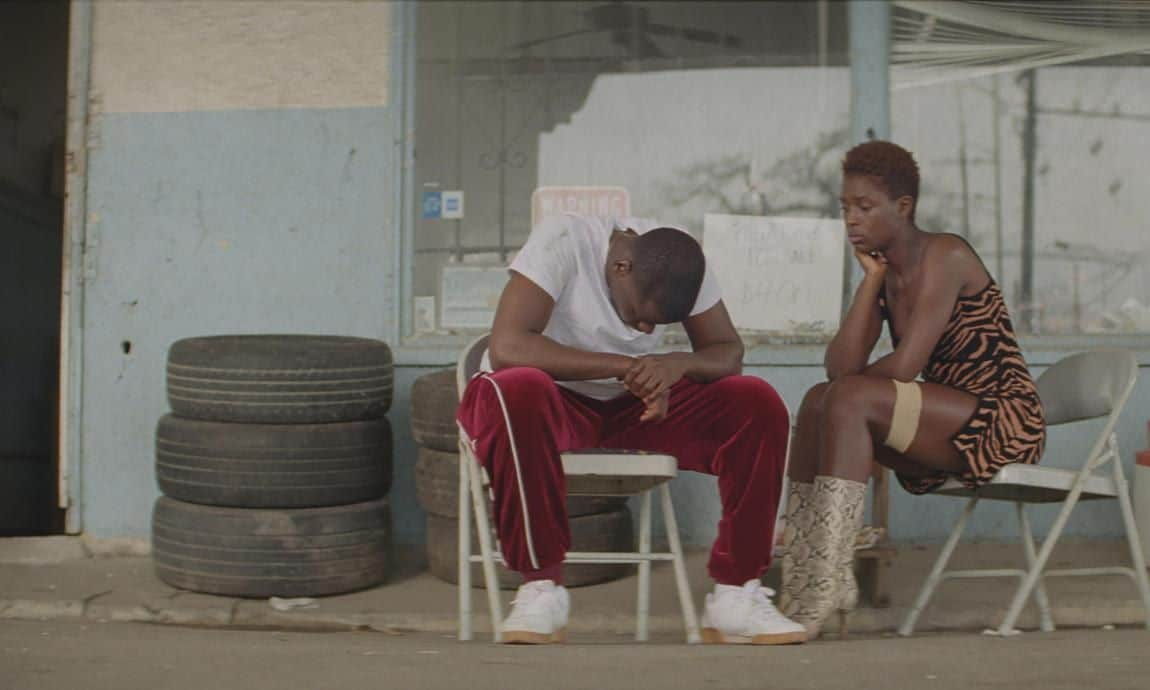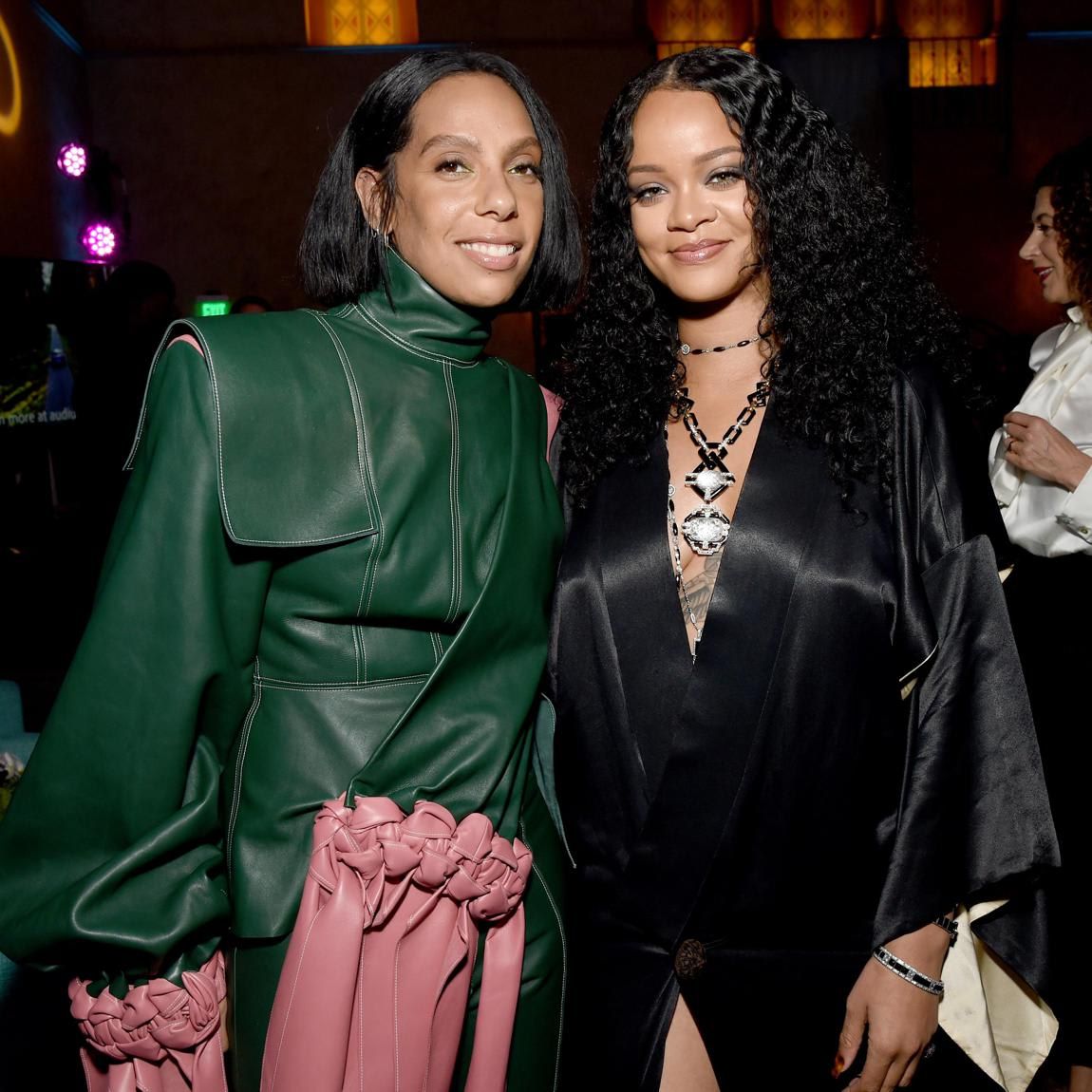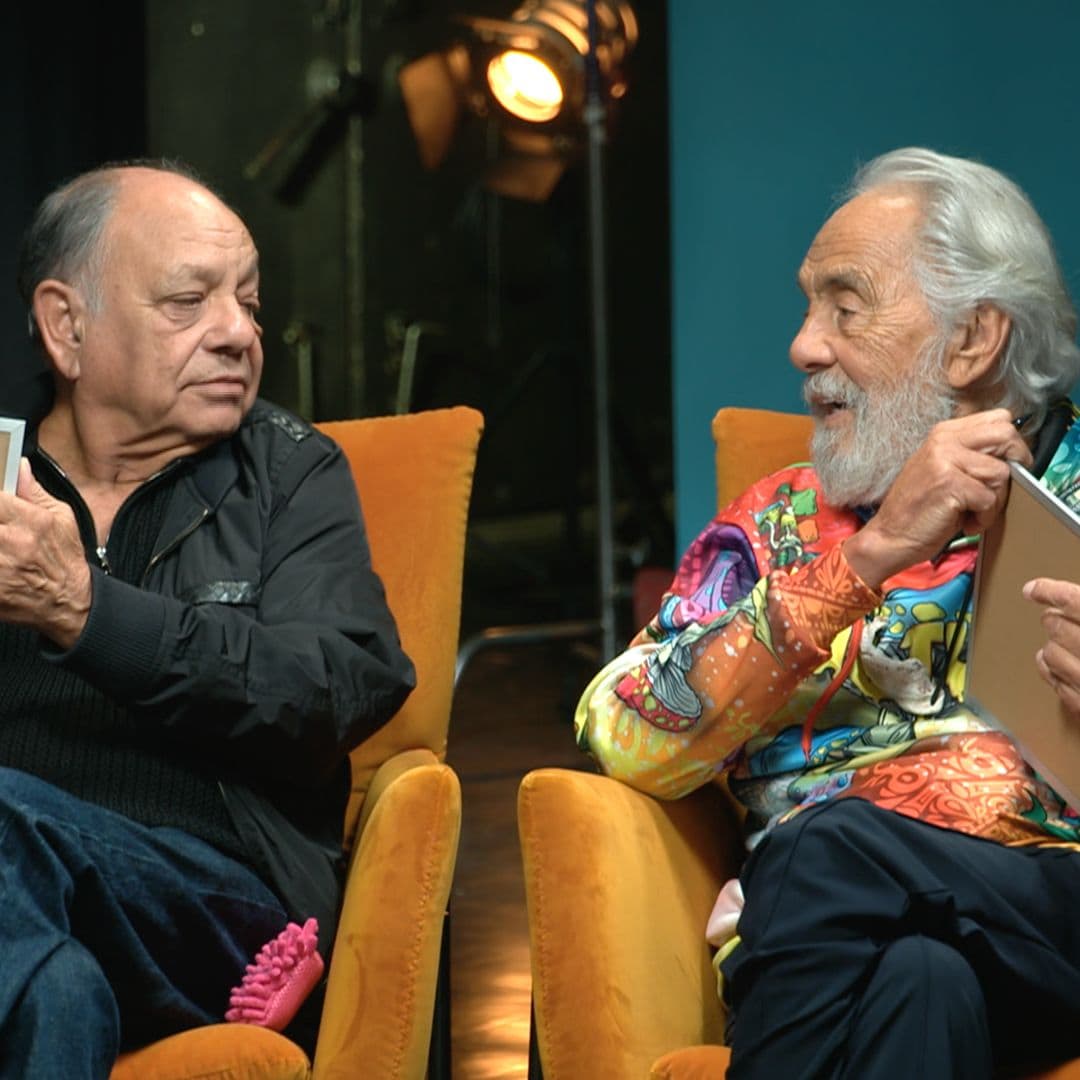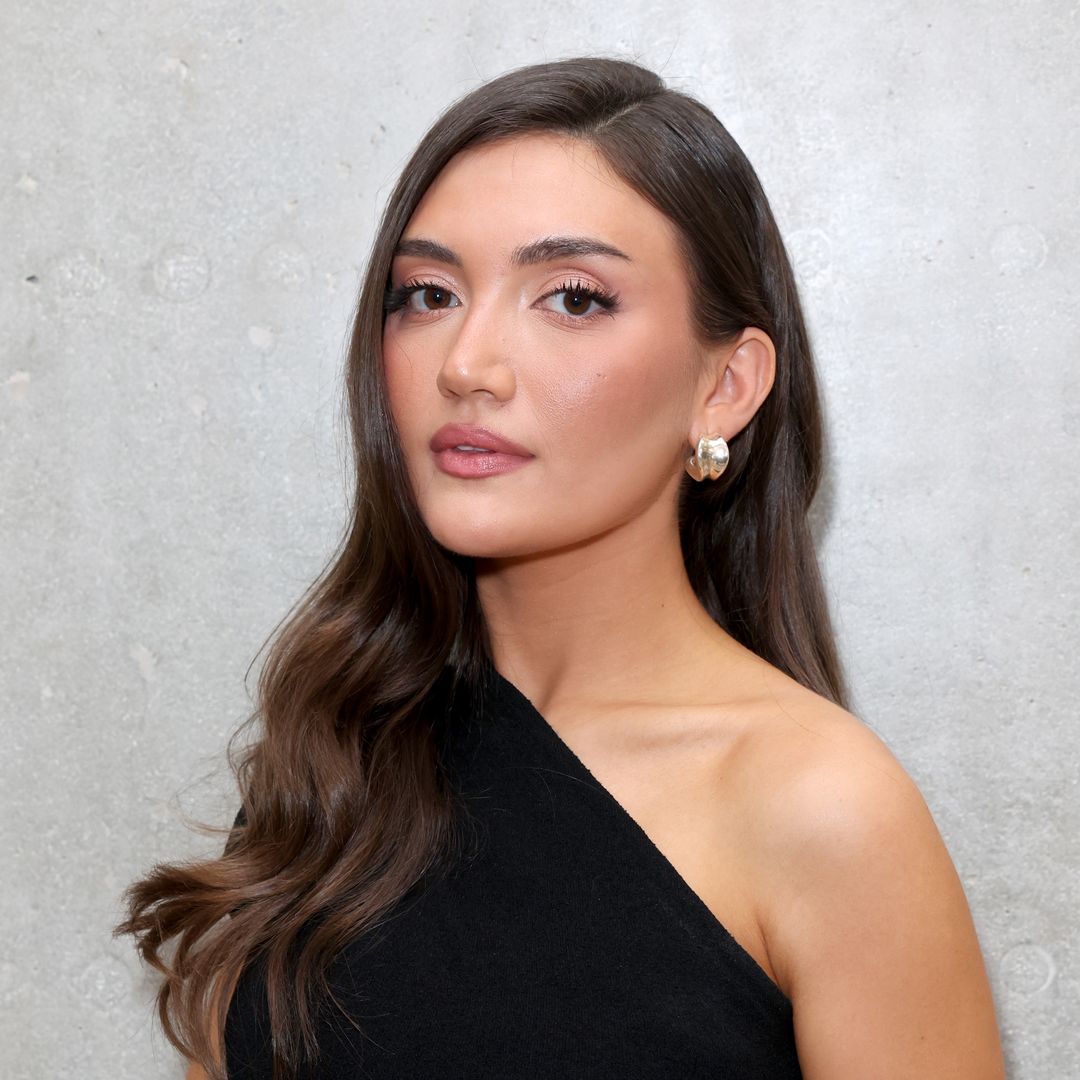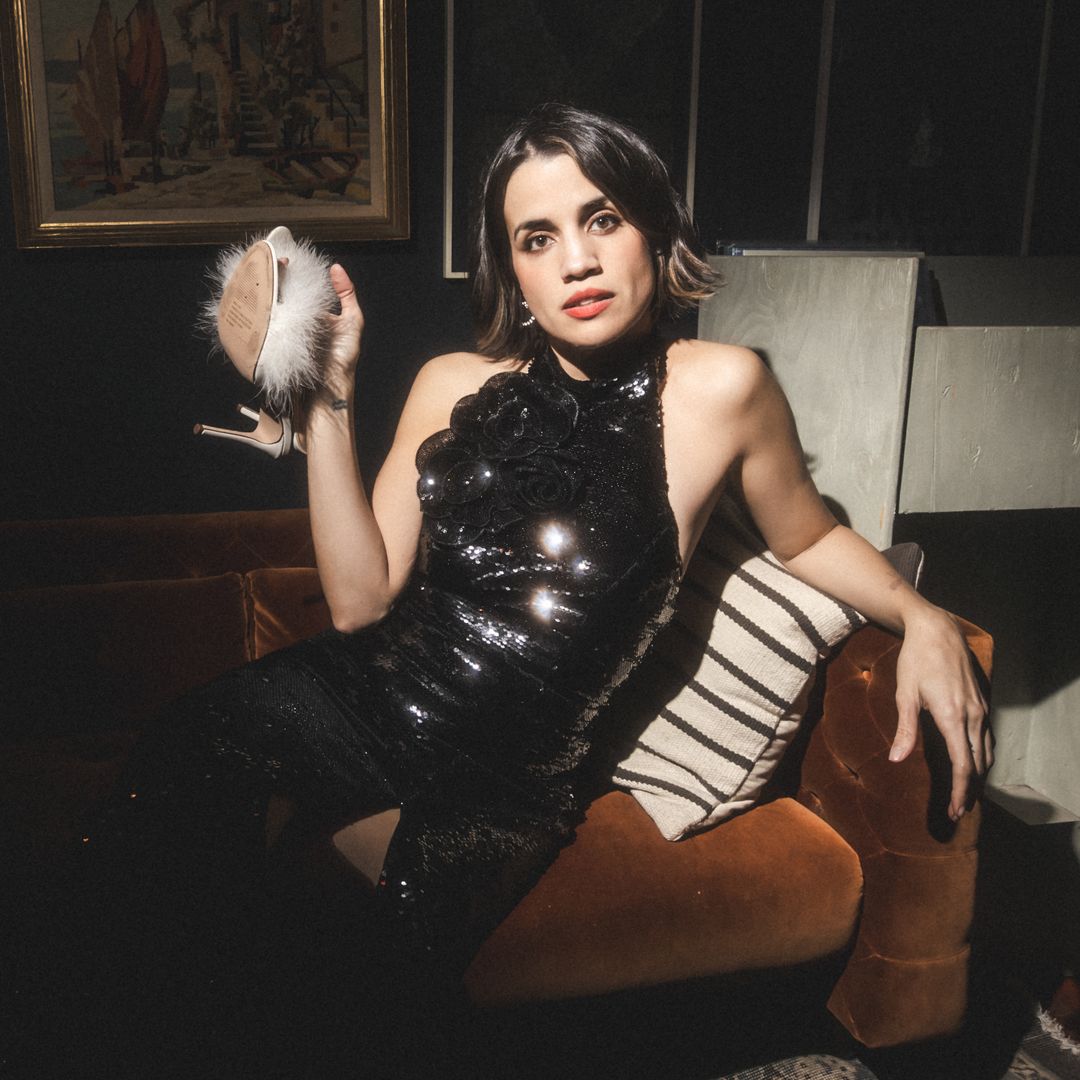There is no denying that Melina Matsoukas is talented, after all, she was the vision behind Beyonce’s Formation. Combine that with how she was raised, and you get quality work with a purpose. “I come from a very multicultural family,” the Queen & Slim director tells HOLA! USA. “My father is Greek and Jewish, and my mother is black Cuban and Jamaican. I was brought up with a real strong appreciation for culture and for people.”
Growing up in the Bronx and New Jersey, the Afro-Latina, whose production company is named De La Revolución Films in honor of her roots, also saw and personally experienced the social injustices in the world. “I was raised by very politically-minded parents who pushed me to have some sort of contribution to the world, to have some sort of contribution to creating equality and justice, to the injustices that so many of us encounter,” she shares.
It’s a big reason why after reading the Queen & Slim script, written by the incomparable Lena Waithe, she had to say yes to her feature film directorial debut. The movie takes the viewer on a journey from an innocent first date leading to Queen (played by newcomer Jodie Turner-Smith) and Slim (played by Daniel Kaluuya) having to go on the run after killing a cop in self-defense. “It was provocative; it was political, and it had something to say,” Melina notes. “It was a beautiful meditation on the black experience, and it was this beautiful love story while all just being a really entertaining story at the same time.”
In fact, the film out on November 27 by Universal Pictures and Makeready, already has had quite the buzz with Rihanna and Zendaya attending the premiere. “It really felt like the community raising us up and supporting us, and that's what we're about with the film,” Melina acknowledges of a sort of pinch-me moment. “It was so good.”
Keep reading as Melina reveals why Beyoncé gave her her first big break, how breakout star Jodie Turner-Smith is redefining beauty and what makes Queen & Slim the perfect addition to her legacy.
HOLA! USA: This movie is going to change lives...
Melina Matsoukas: “Well, hopefully that's the intention –to create a dialogue and to create some change, and we'll see what happens. I really enjoy how much it's resonating with people.”
What made you sign on for the project?
“Lena Waithe. She and I did an episode of Master of None, called Thanksgiving, and she entrusted me with her really intimate, personal story about being a black lesbian woman and coming out to her mother. While we were working on that, she was writing Queen & Slim, and she asked if I would direct it. I told her I would have to read the script because I also don't like my relationships to dictate the work that I do. It was everything I was looking for in a first feature. It just feels like a beautiful piece of cinema, but at the same time it feels important and necessary.”
Everything you've done so far has such a powerful message to it. How important is it to you to be able to create projects that lead to conversation and social change?
"I mean it's really the only way forward for me. And I always knew I wanted to make a mark and have a legacy and do something important, and I feel like with film it's so powerful. I really believe in the power of cinema and using that as a weapon for social change. And that's what I feel like we've done with Queen & Slim.”
What are your thoughts right now on Hollywood's issue of colorism? Do you think that this film and people in front of the camera, behind the camera, you're igniting this change?
“I think we're standing on the shoulders of so many filmmakers of color who have been discredited, who have not been appreciated and completely disrespected. There is no me without a Julie Dash, without a Hype Williams and without a Spike Lee. I think that we're amplifying the legacy in which they've built, and now we're hopefully supporting each other so that it can't be broken down, or our talents denied or our voices denied, and we're creating more opportunities for each other.”
You grew up in the Bronx and then moved to New Jersey. What was your childhood like?
“I was brought up with a real strong appreciation for culture and for people. And I think New York is kind of that dutiful melting pot that only exists in that one place. I could also encounter all the different economic kind of structures as well. I'd say I still experienced injustices in our communities, and then moving to Jersey and having a very diverse community as well to kind of form and shape my ideas was really important in shaping the person that I've become today.”
Who gave you your first shot in Hollywood?
“I would say that my first major shot, my music video career came from Beyoncé. I had done a couple of small videos before that, and she really loves to give opportunities to young artists and new voices. And she entrusted me with doing four videos on her album B'Day. From there my video career really was able to take off. Issa Rae was another very defining female figure in my career. She gave me a chance to direct and produce my first show, my first television series, with Insecure. And now Lena. So I feel like really my career has been shaped by my connection with black women. They supported me, and I would not be here without them.”
RELATED: Diego Boneta on his life-changing Luis Miguel role
Beyonce’s Formation felt like a movie, but how different was it for you to direct a feature film?
“Thank you! Well, I think that they're both meditations and celebrations of black culture, and that's obviously something I love to do. The approach is completely different when you're shooting a video that you are given a week to prep and a week to deliver, and you shoot for three days. This has been a two-year process from developing the script to delivering a final project.”
Jodie Turner-Smith is the true breakout star. What blew you away by watching her as Queen?
“What amazed me was how strong she was against Daniel Kaluuya, who is an incredible talent and obviously has a lot more experience, and how she was able to really stand her ground and live in Queen's shoes and become royalty. She wears that crown. She is stunning. She herself is really defining beauty, I think, for so many young women because she is a reflection of so many of us. Also how she elevated and empowered Daniel's performance; I feel like they did that for each other. Without Queen there is no Slim.”
What are you working on next or are you taking a well-deserved break?
“I am taking a break in the fact that I am working on developing two projects, one of which is based on my favorite novel called A Brief History of Seven Killings by Marlon James. And I'm developing that as a TV series on Netflix. And the other piece I'm working on is a film about Fela Kuti, who is the King of Afrobeat.”
Queen & Slim hits theaters nationwide on November 27.
,type=downsize)

